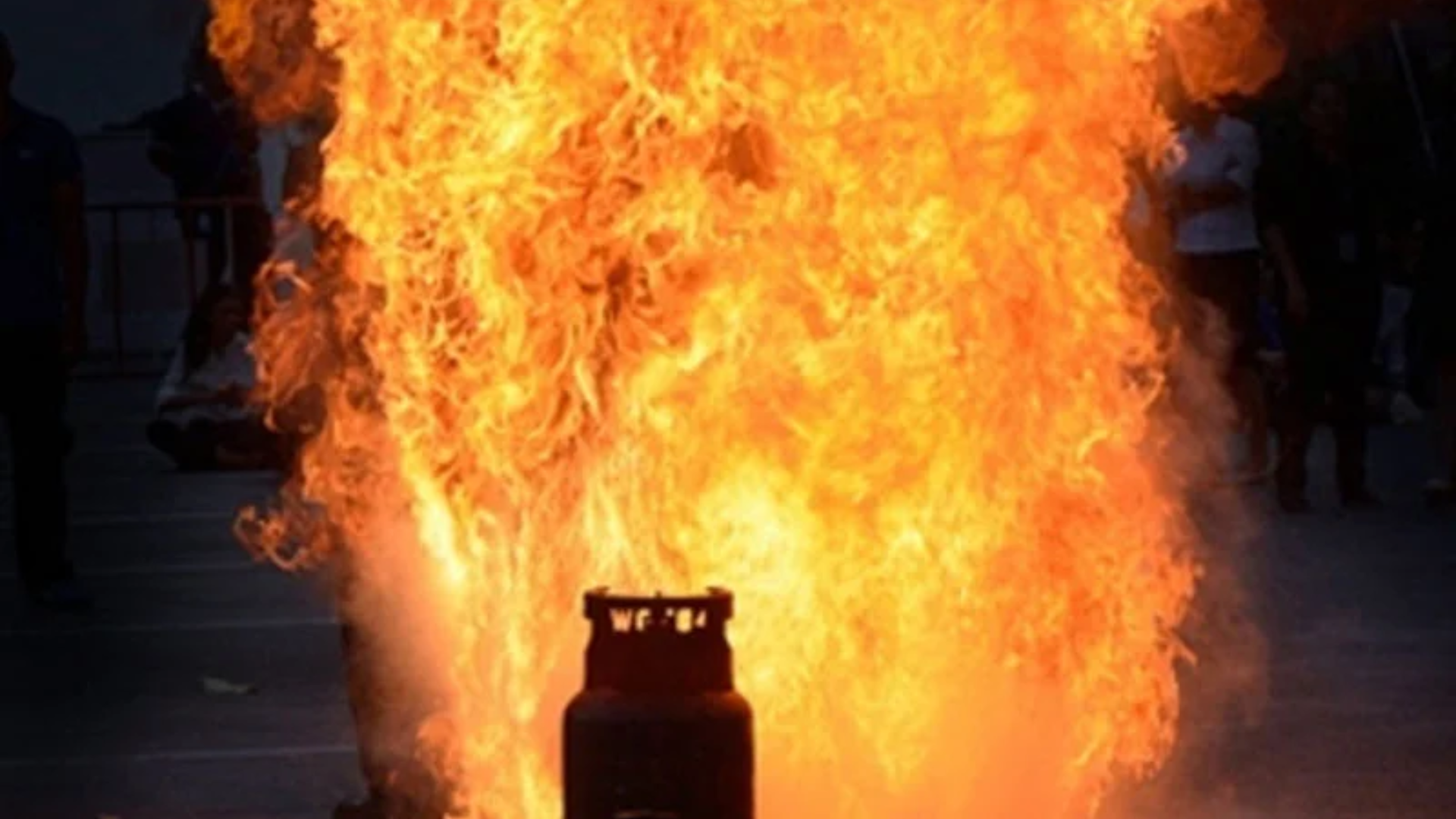


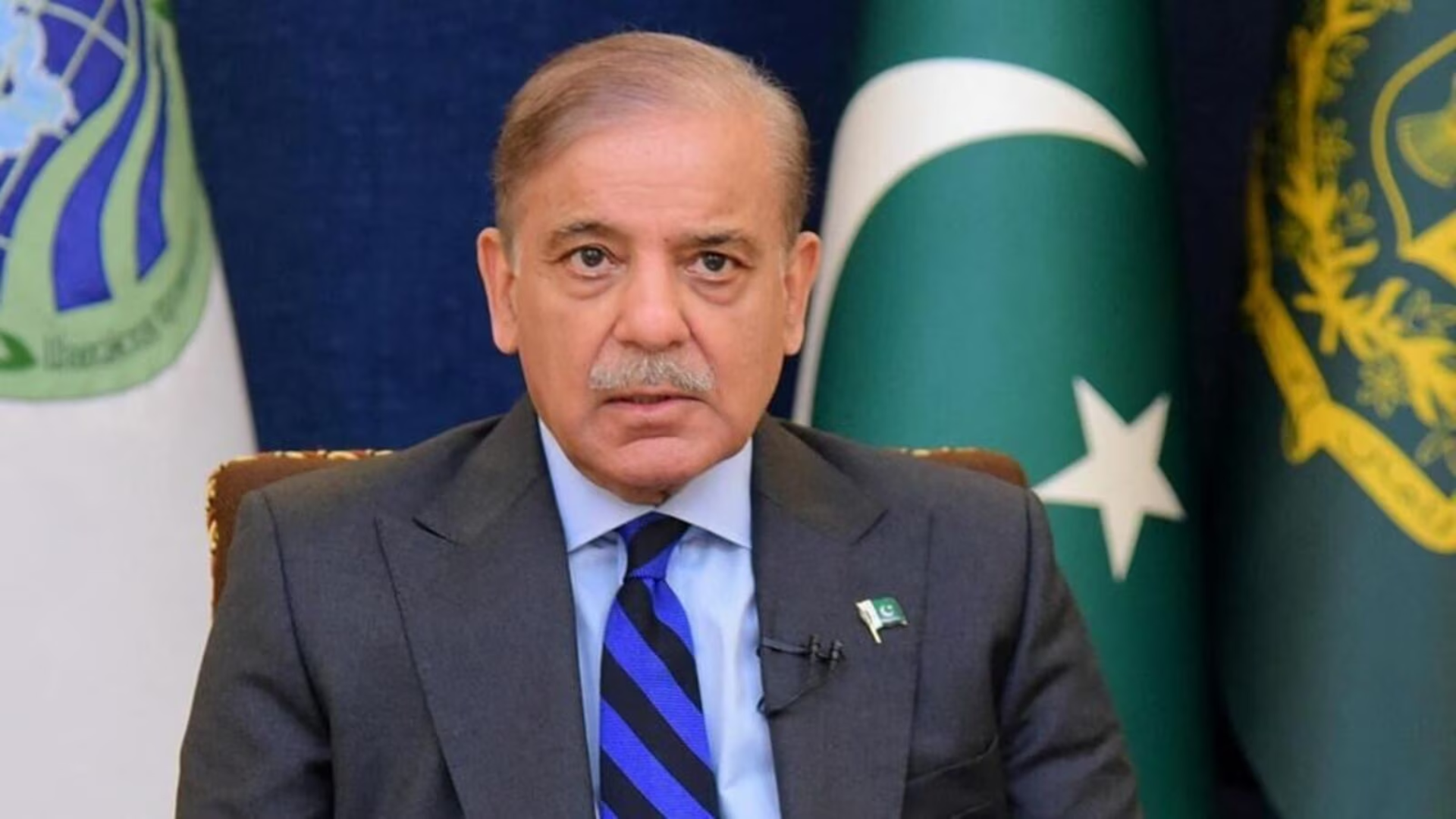
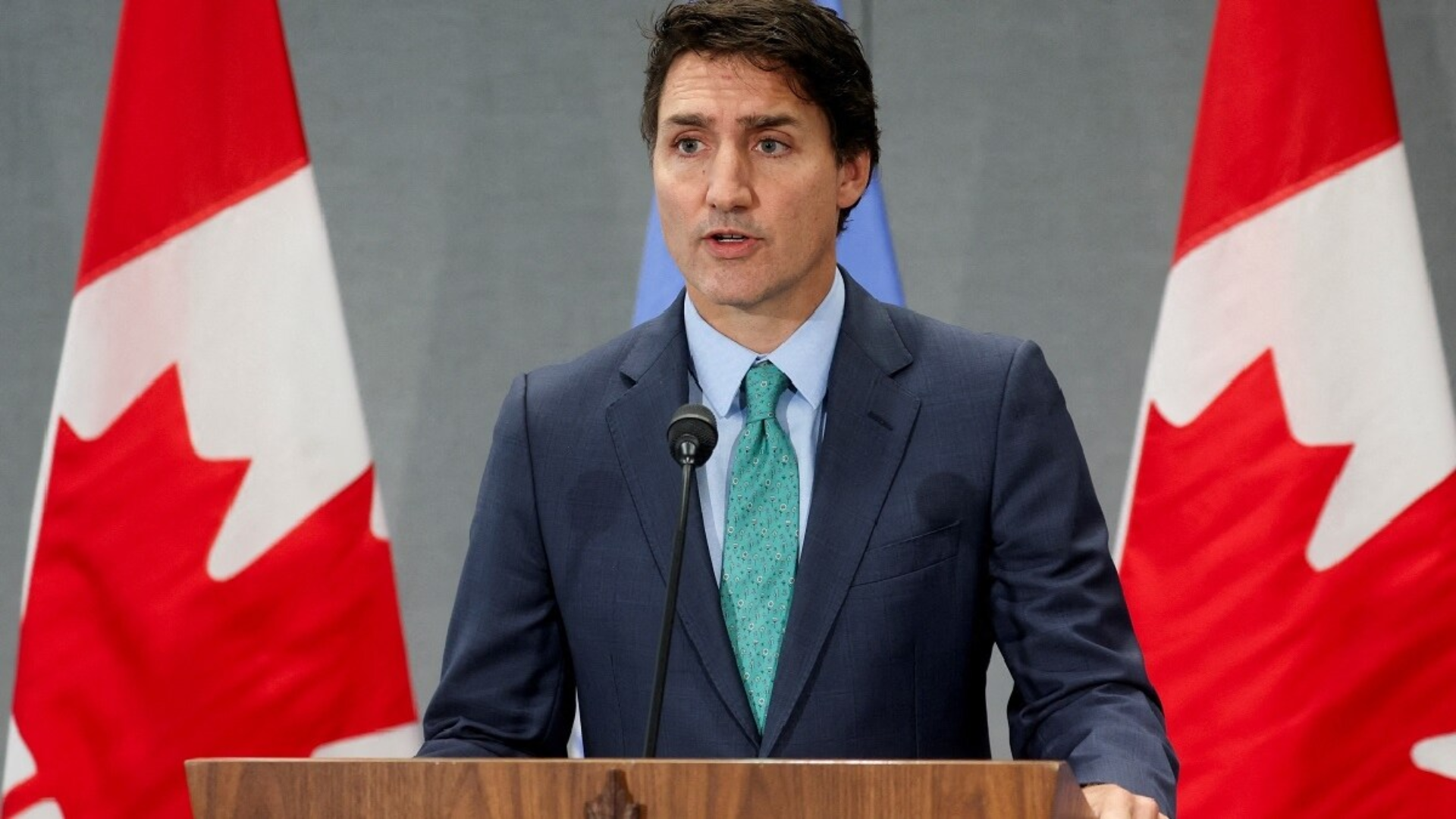

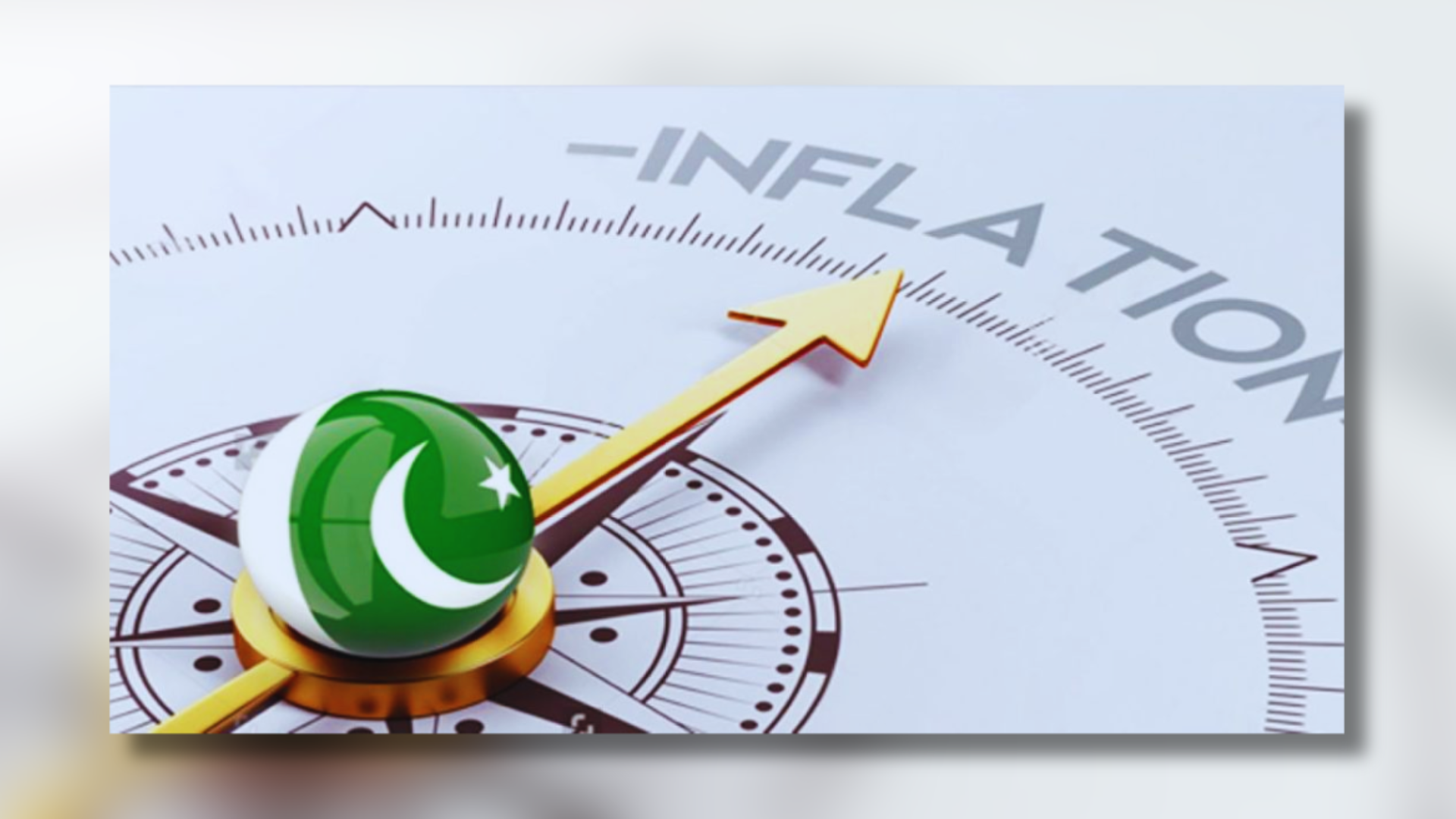

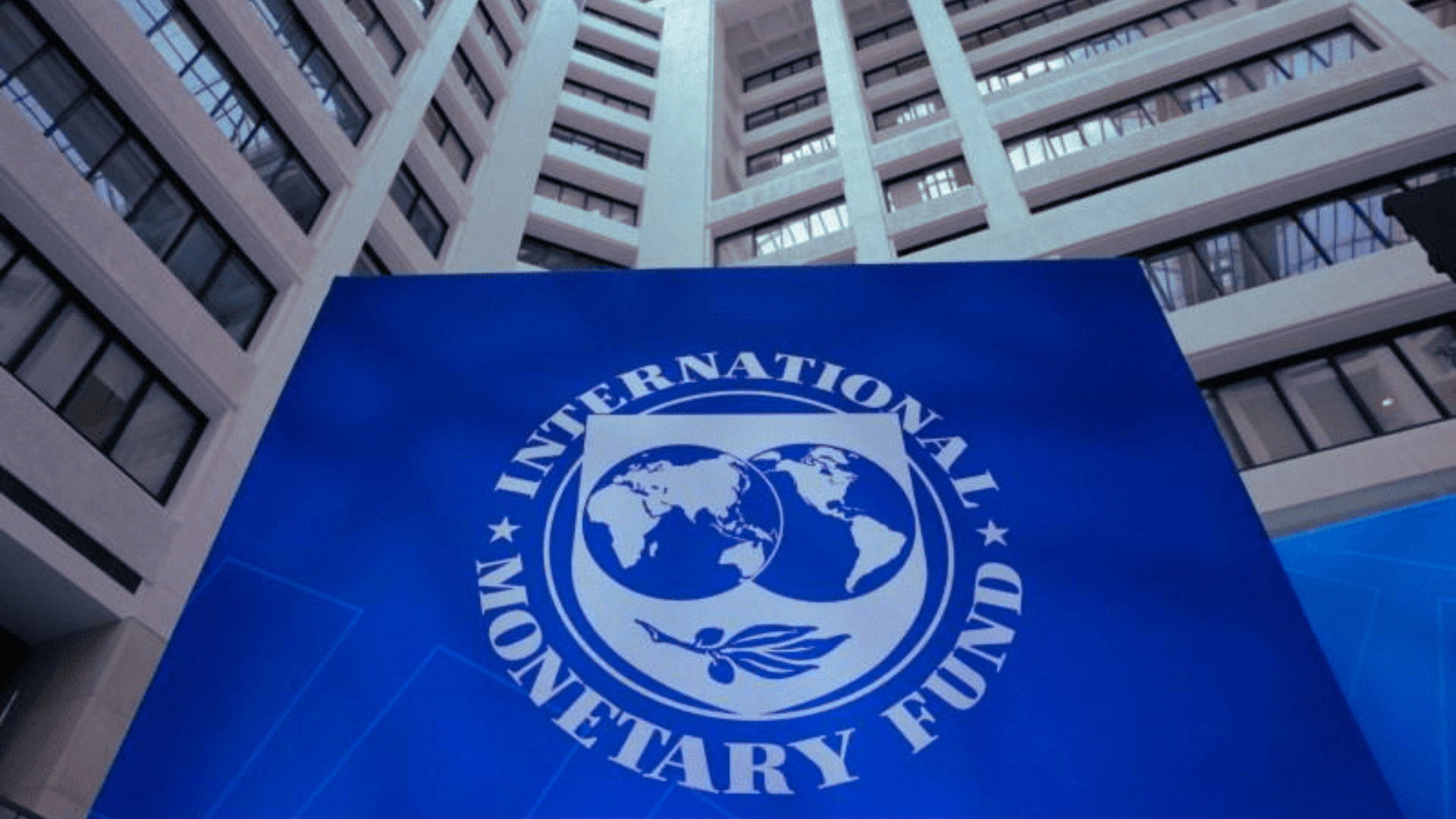


Russia’s economy is pushed back four years in the first full quarter following President Vladimir Putin’s invasion of Ukraine, putting it on course for one of the longest downturns on record.
In a grim reckoning for Russia, an economy that was building up steam at the start of 2022 contracted during the second quarter. According to the consensus projection of 12 experts polled by an American-based pay television network, the gross domestic product will contract for the first time in almost a year, falling 4.7% year on year.
“The economy will shed four years of expansion in the second quarter, returning to its 2018 size.” With looser monetary policy boosting demand, we expect the decline to moderate into the fourth quarter. Nonetheless, the economy will lose another 2% in 2023 as a result of the European energy restriction, which would reduce exports,” said the Russian economist Alexander Isakov.
The shock of international sanctions over the conflict interrupted commerce and paralysed industries such as auto manufacturing, while consumer spending froze. Although the economy’s drop has been less severe than anticipated, the central bank expects the recession to intensify in the next quarters and a rebound to take place in the second half of next year.
“The crisis is proceeding along a fairly smooth trajectory,” said Evgeny Suvorov, CentroCredit Bank’s head Russia economist. “At best, the economy will hit its low point by mid-2023.”
The Bank of Russia used capital restrictions and sharp interest rate rises to try to calm markets and the currency. Many of those policies have been reversed now that the situation has calmed down.
The central bank will provide its policy outlook for the next three years on Friday, with Deputy Governor Alexey Zabotkin providing an update.
According to the Bank of Russia, GDP will contract by 7% this quarter and maybe even more in the final three months of the year. It is estimated that the economy shrank by 4.3% in the second quarter.
The deadlock over energy supplies to Europe creates new economic dangers. According to the International Energy Agency, monthly drops in oil output will begin as early as August, with Russia’s crude production expected to fall by 20% by the start of next year.
“The 2022 decline will be less severe than anticipated in April,” the central bank stated this month in a monetary policy report.
Also Read: French Rafale fighter planes stop over in India






